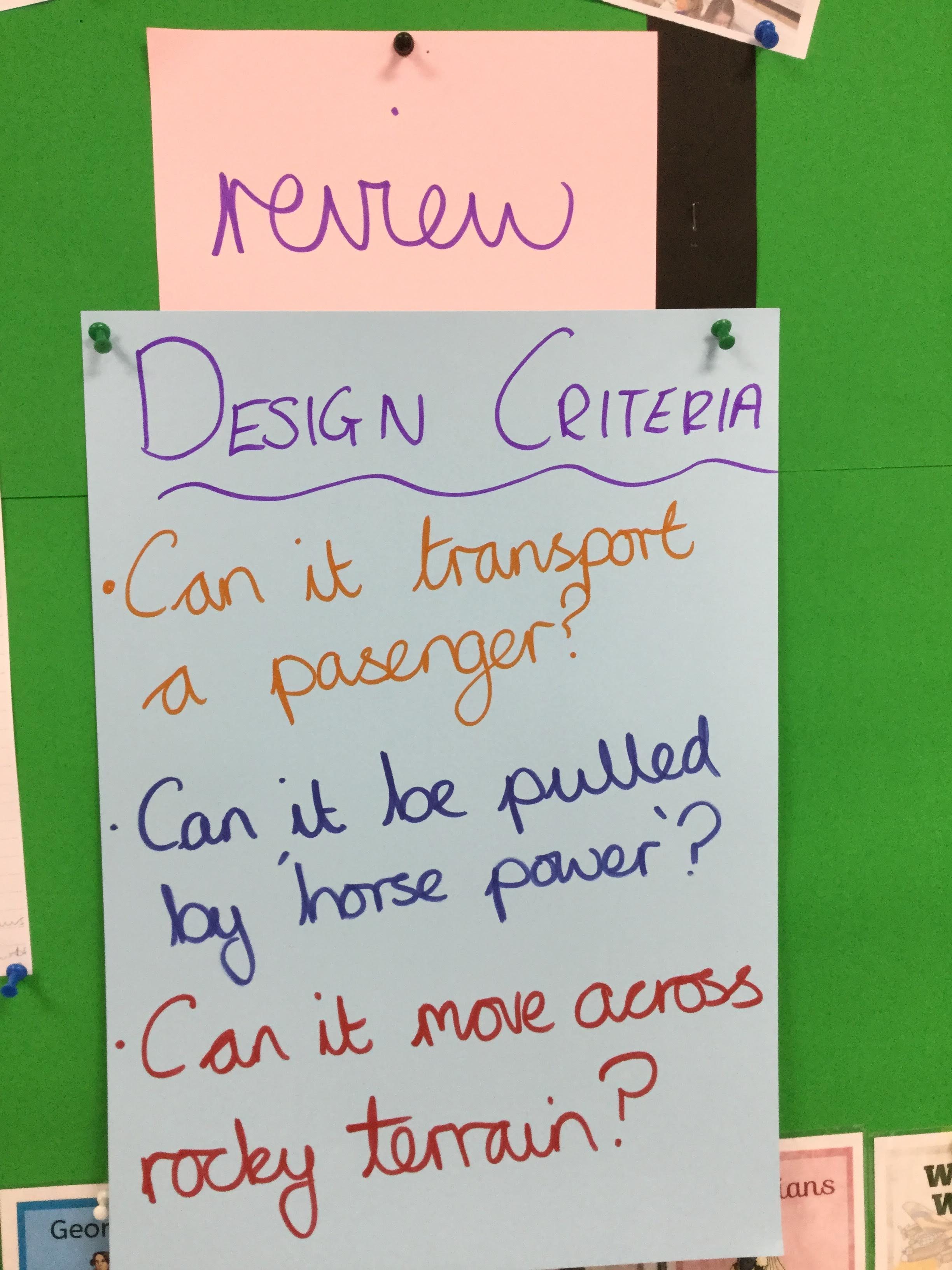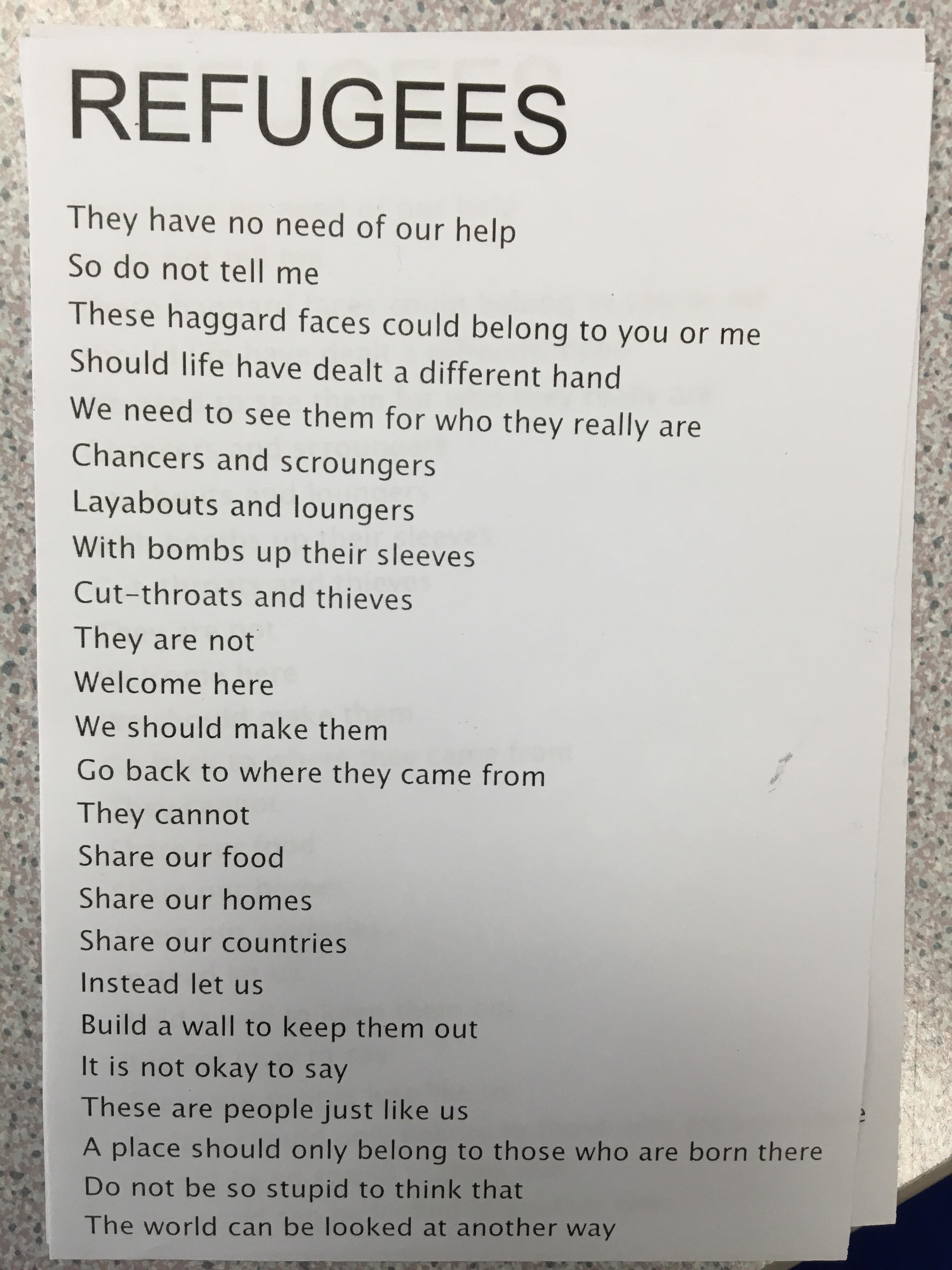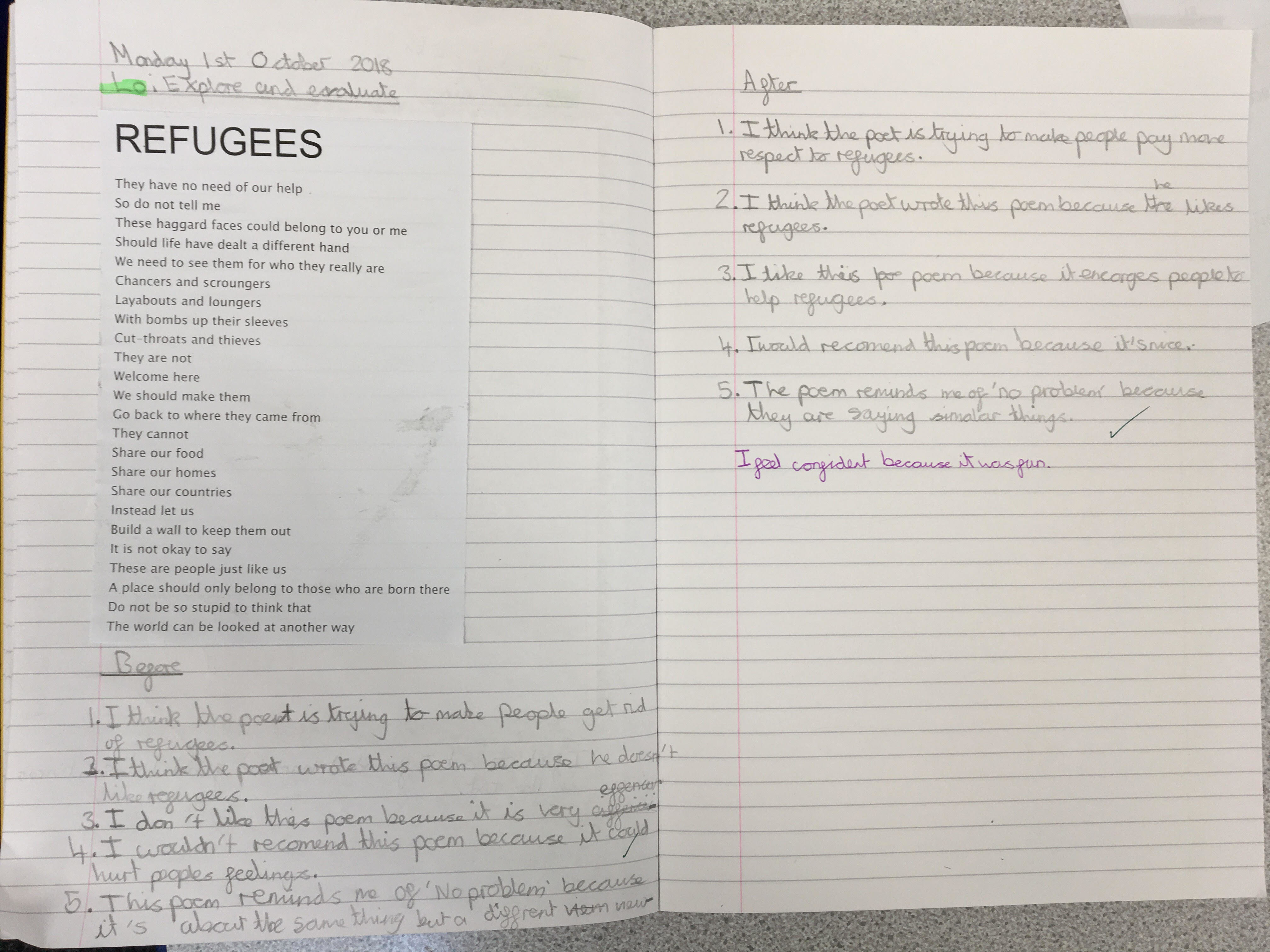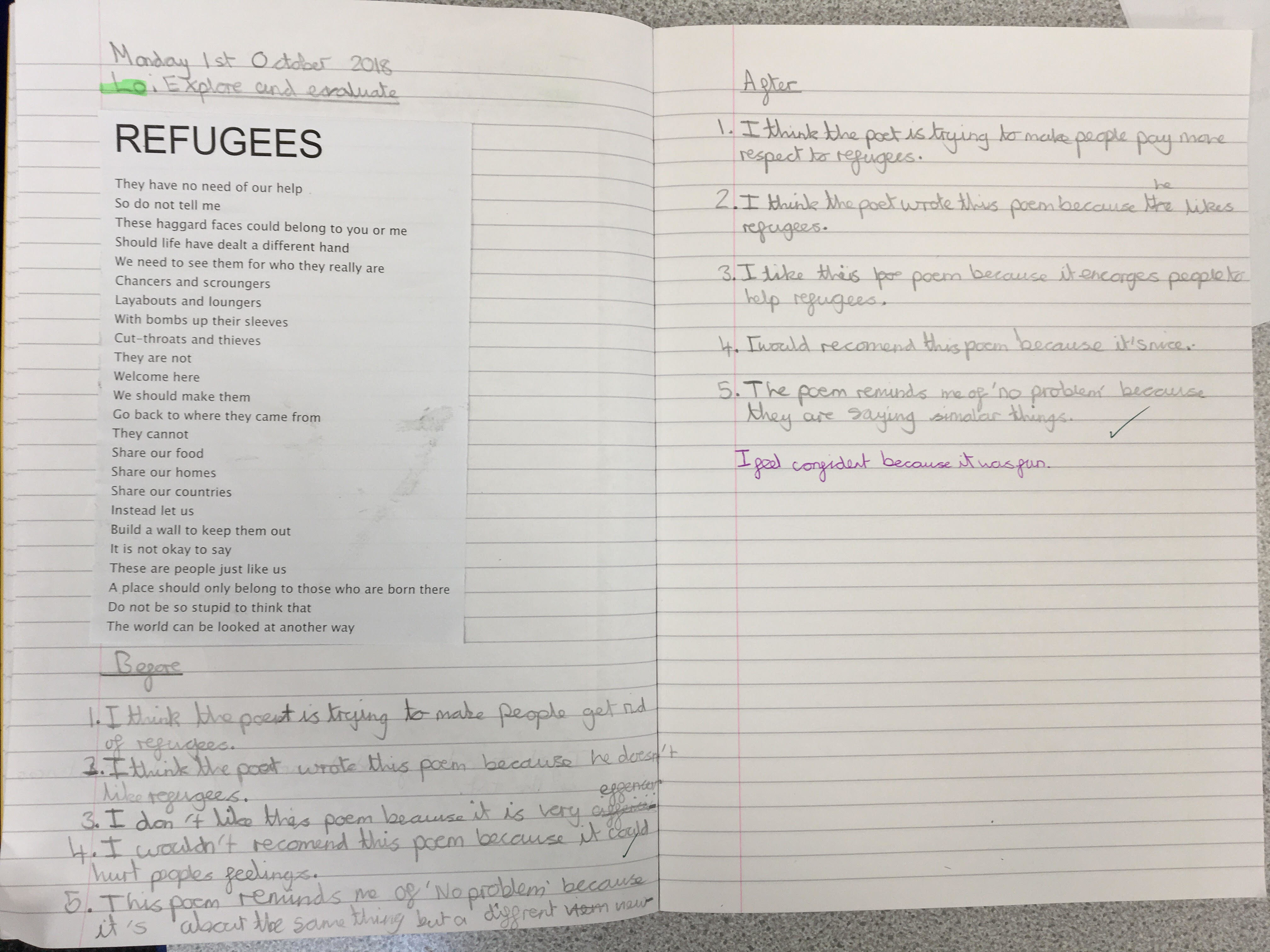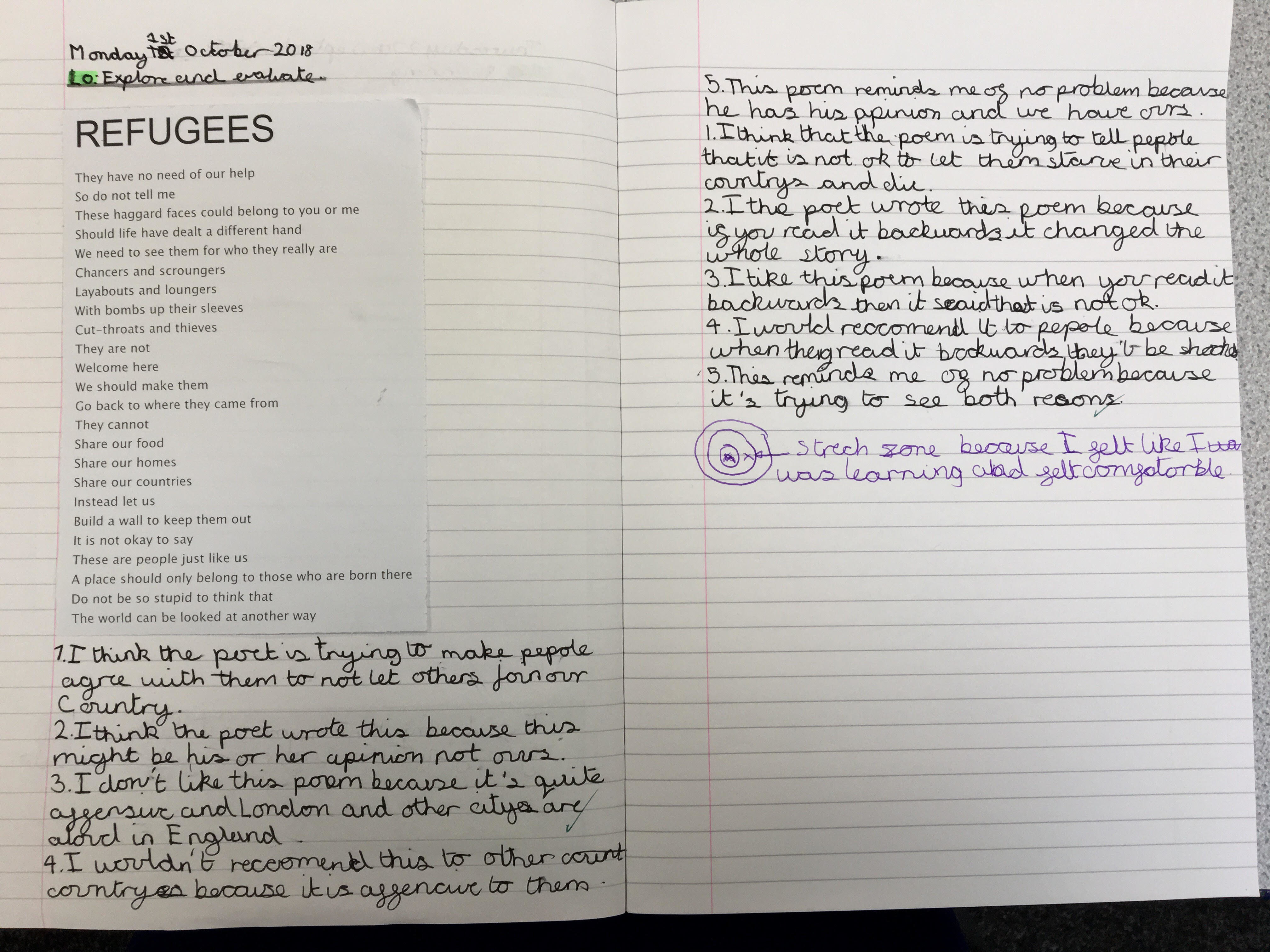This week in Year 5 and 6, we’ve been learning all about the Romans. This is part of our big topic: Time Travel. We’ve been busy learning lots but we’ve particularly enjoyed making our own miniature chariots. Now we’ve made them, we’re going to write a set of instructions in our writing lessons to help other people make them, too.
First, we did some research about what Roman chariots are.
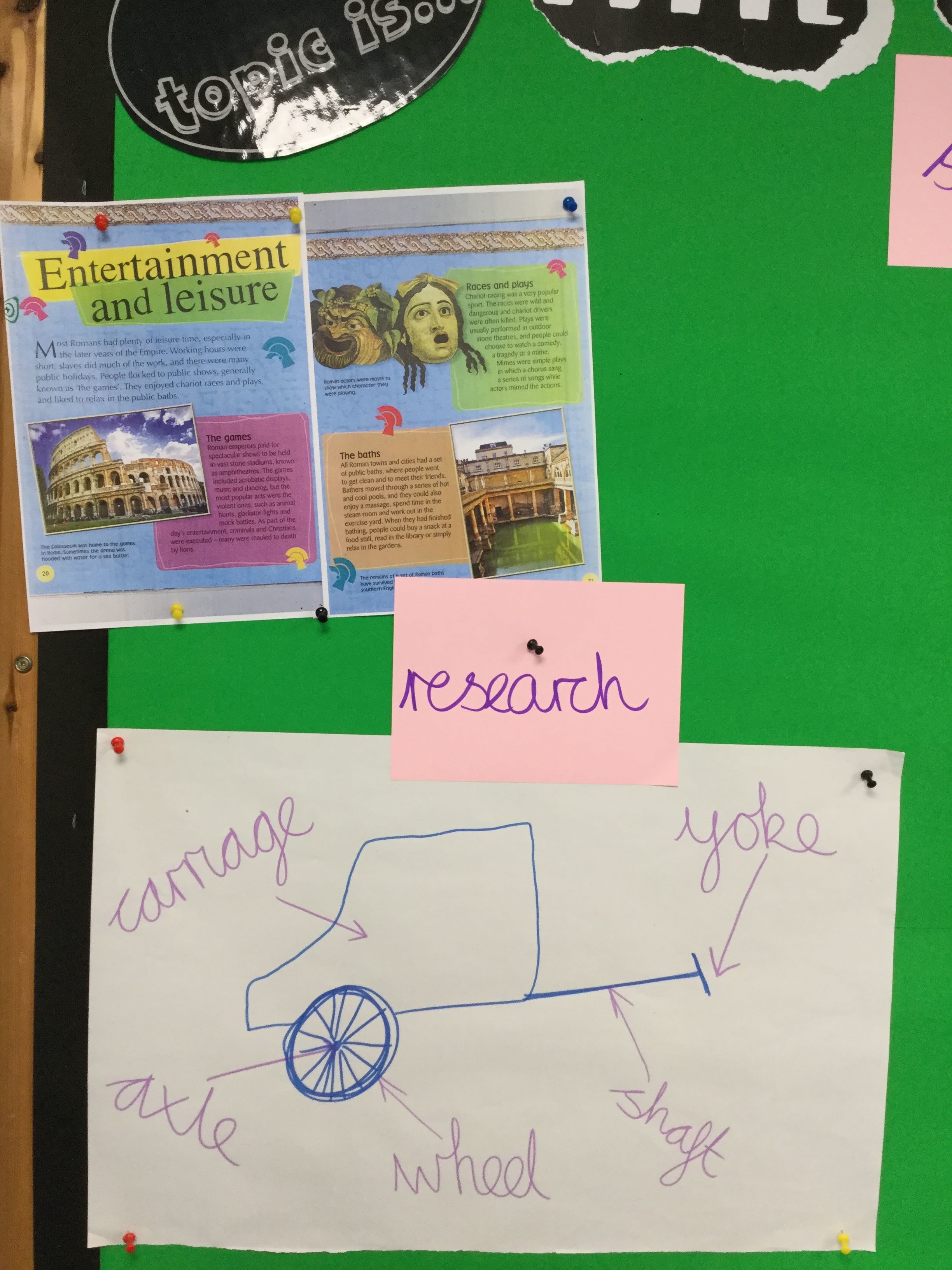
Then, we sketched some ideas.




When we felt confident, we designed our miniature versions.
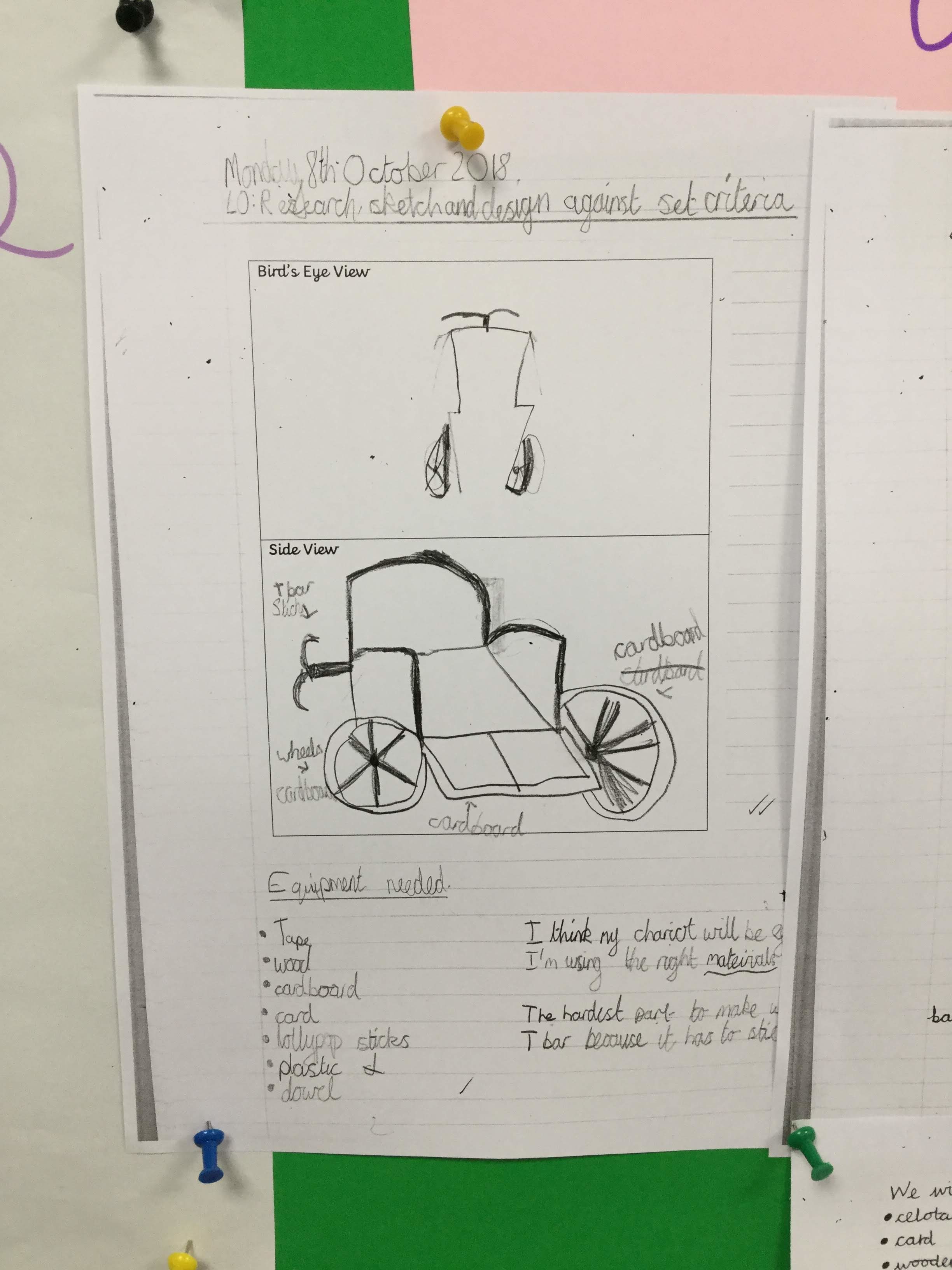
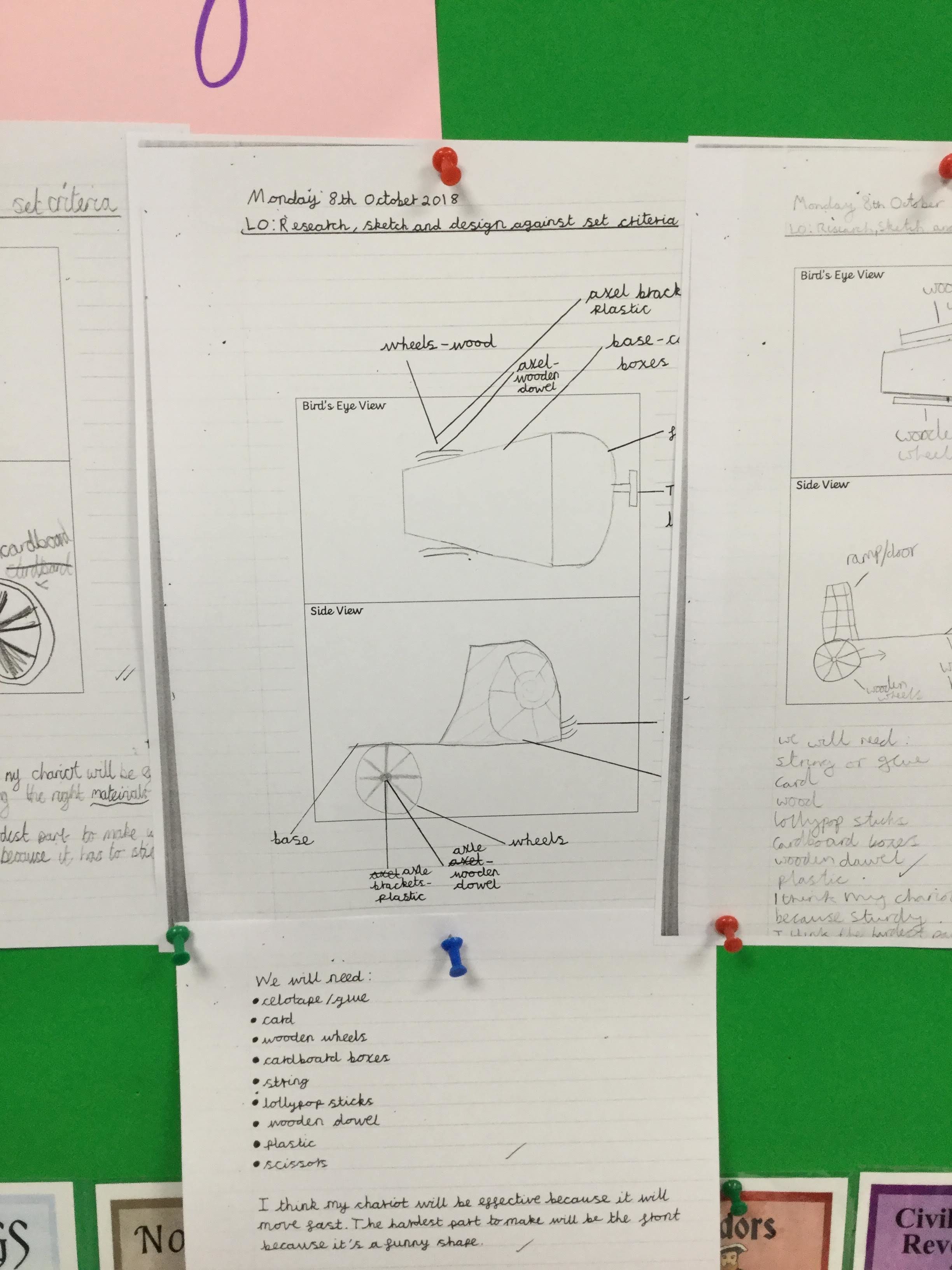
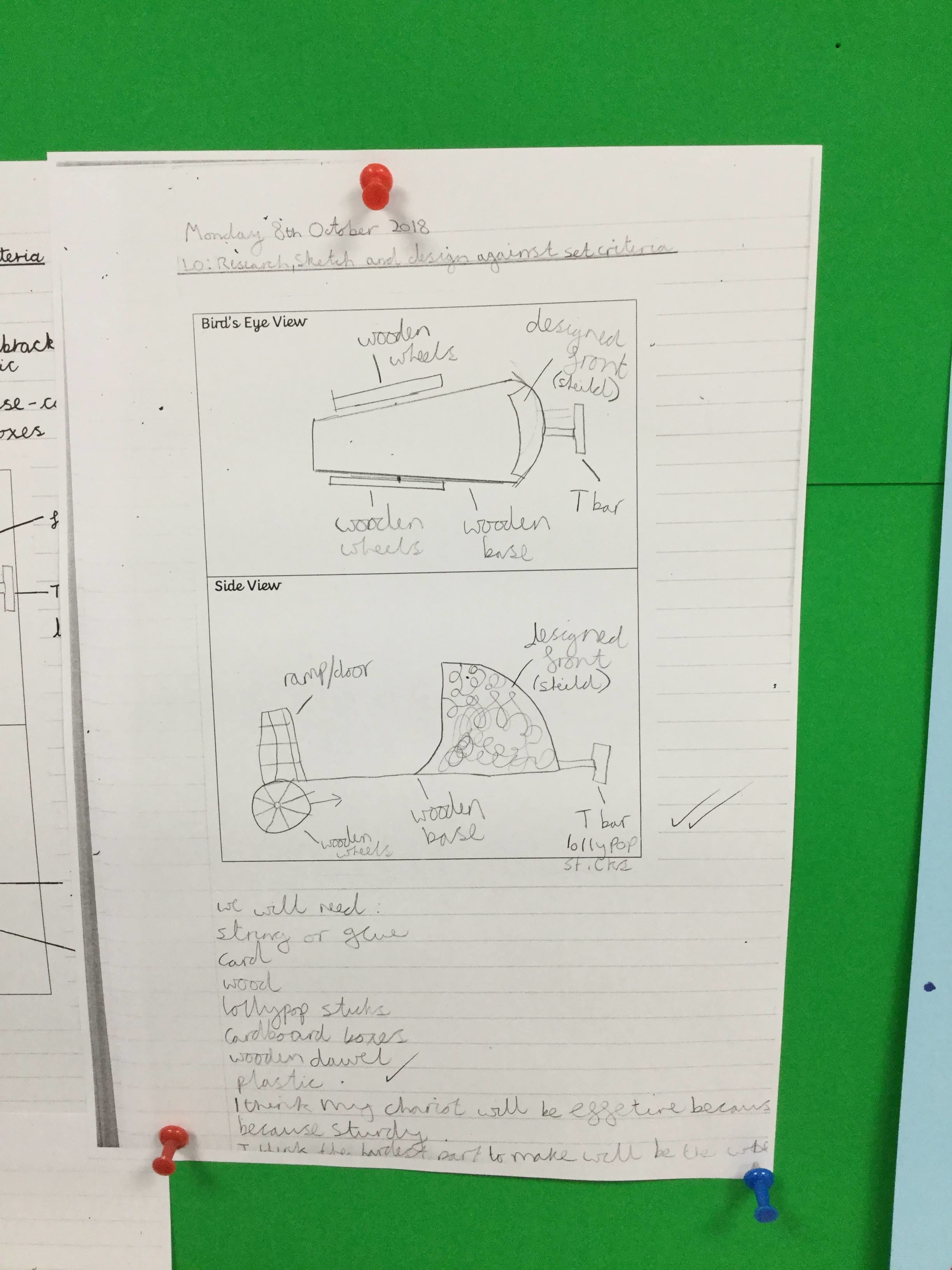
Then came the most exciting part – building!



Later in the week, we’ll add our axles and wheels and then review them against the design criteria we decided on.
